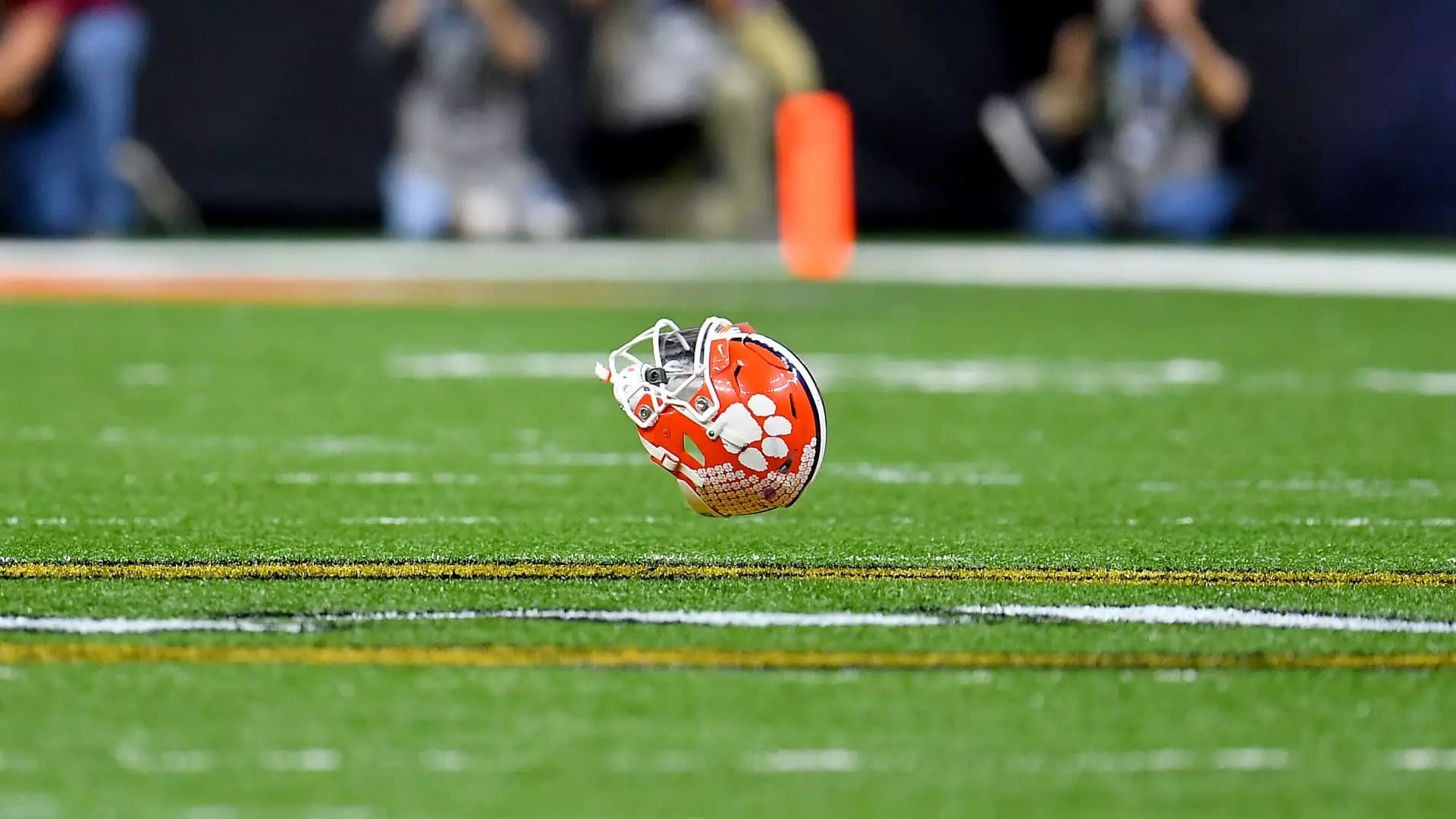In early September 2023, DirecTV customers faced a significant disruption when Disney’s vast array of channels, including the highly coveted ESPN, went dark. This blackout lasted nearly two weeks, leaving over 11 million subscribers in the lurch, unable to access premium programming such as the U.S. Open, college football, and critical NFL games. The root of the issue stemmed from a failure to reach a mutually agreeable contract regarding fee structures and channel bundling options. As tensions escalated, DirecTV began advocating for more tailored viewing experiences, emphasizing the need for genre-specific bundles.
The blackout underscored the importance of live sports content in the modern media landscape, not just for viewers but also for the pay-TV providers reliant on this programming to attract and retain customers. The situation deteriorated into a blame game, with DirecTV representatives accusing Disney of being dismissive towards consumer needs, while Disney struck back, calling DirecTV’s stance unrealistic.
On a positive note, a resolution arrived just in time for the college football season, signaling the return of Disney’s channels to DirecTV’s offerings. The new deal introduced what was described as “market-based terms” for pricing, which was a crucial component to ensure that both parties would benefit. DirecTV would now have the opportunity to provide its subscribers with multiple tailored package options catering to diverse interests, from sports to family-friendly entertainment.
Moreover, this agreement was particularly innovative in that it includes access to Disney’s streaming services—Disney+, Hulu, and ESPN+—as part of the DirecTV package offerings. This maneuver not only reinforces the commitment of both companies to adapt to the evolving landscape of television consumption but also positions DirecTV as a more flexible competitor in the increasingly crowded marketplace of streaming options.
The implications of this deal are extensive. By incorporating Disney’s portfolios into their offering, DirecTV is not only meeting customer demand but acknowledging the integral role that streaming plays in viewer satisfaction today. Additionally, DirecTV will distribute Disney’s upcoming ESPN flagship streaming service, which is set to debut in late 2025, at no added cost to its subscribers. This forward-thinking inclusion emphasizes the shifting dynamics within the entertainment industry, moving from traditional viewing habits towards a more integrated and flexible streaming approach.
Such collaborations potentially foreshadow a new trend in the pay-TV sector, whereby viewers can enjoy a customized viewing experience as they pair traditional television with streaming services more fluidly. The joint statement by Disney and DirecTV heralds a “first-of-its-kind collaboration,” indicating a shift into more customer-centric service offerings.
The blackout highlighted critical repercussions for businesses too—bars, restaurants, and other venues that rely on DirecTV for their sports programming were significantly affected. Customers impacted by the blackout reported diminished access to live sports, which often serves as a draw for crowds in commercial settings. The situation became a matter of urgency as many local businesses faced disappointing losses during key sporting events.
DirecTV attempted to remedy the fallout by offering subscribers a $30 credit, funded through a temporary cessation of payments to Disney during the blackout. However, this action raises questions about the long-term relationship between pay-TV providers and their content distribution partners. Moreover, some disruptions persisted, as DirecTV refused to broadcast ABC during the presidential debate, a move Disney labeled as insincere and politically motivated.
As the landscape of television evolves with increasing intensity, how DirecTV and Disney manage their partnerships will be critical not only for their survival but also for the overall viewing experience of consumers. The recent developments signal a deeper awareness of consumer preferences, as traditional media companies navigate challenges from streaming platforms and changing cultural consumption patterns.
In light of these events, it seems clear that both parties must remain nimble and responsive to market changes. Companies that fail to provide value and adhere to consumer preferences risk alienation in an era where the power lies increasingly with the viewer. The outcome of this collaboration could serve as a valuable case study for other media companies grappling with similar challenges in the near future.
The reestablishment of Disney’s channels on DirecTV opens the door to a promising future, characterized by greater flexibility and choice for consumers, while simultaneously setting a precedent for potential partnerships in an intricately interconnected media landscape. As audiences increasingly migrate toward comprehensive viewing solutions, both DirecTV and Disney will need to remain committed to innovation, ensuring they don’t just catch up but lead the charge into the next generation of television.

